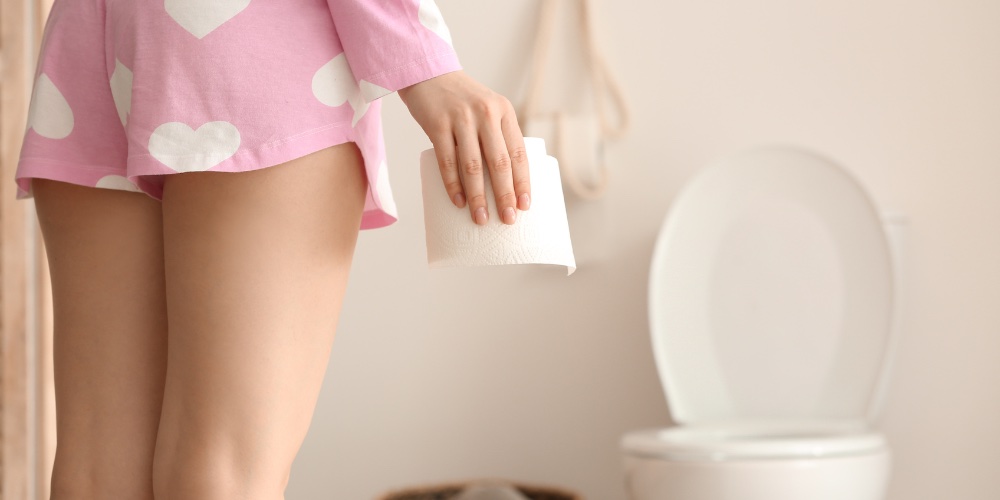Why You Should Pee For Exactly 21 Seconds

A Urologist explains the “21-second” peeing rule and why it’s important.
If you time yourself peeing (over some time and not just in one sitting) and find that you take significantly longer or shorter than 21 seconds, it can indicate that you are holding it in for too long, or not enough.
Say you are in a profession where it's difficult to get away to the bathroom (e.g. a teacher) and thus hold it in for as long as you can. This can enlarge your bladder by chronically over-extending it, and could cause you functional problems down the line.
Should you pee too often (and peeing for much less than 21 seconds would be a good indicator of this), you may end up with an "overactive bladder": your bladder feels full and you need to pee, even when you shouldn't.
KEEP NOTE OF THIS
If you find yourself peeing frequently, and so the volume is smaller, it can be a sign of bladder stones, for example, or cystitis. Longer times spent urinating at lower pressure could indicate prostate problems.
It should be noted that as males get older, flow rates do go down, but should you have any concerns about your urination – particularly if you are experiencing other symptoms such as pain or discomfort – it is worth discussing with a physician.
Beat FOMO by being in the know!
Sign up for our newsletter today and never miss a beat.







